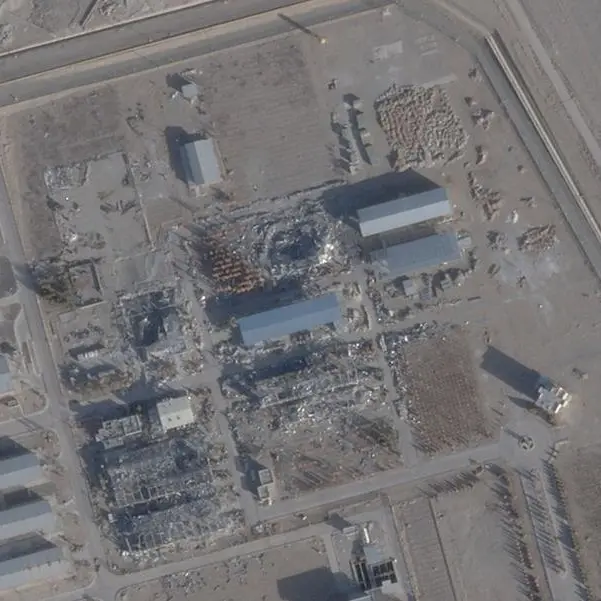PHOTO
The Central Bank of Kuwait has affirmed that the country is not facing a shortage of foreign currency levels, attributing this to the majority of state revenues being derived from oil, which is paid in US dollars, reports Al-Rai daily. The bank emphasized that liquidity is supported by reserves in the form of foreign assets. When the Ministry of Finance purchases dinars from the Central Bank for the state budget, the equivalent is deposited in dollars, bolstering foreign reserves crucial for exchange rate policy stability.
The Ministry of Finance’s role in this mechanism is pivotal. When acquiring dinars from the Central Bank to meet the requirements of the state’s general budget, the Ministry ensures an equivalent deposit in dollars. This practice not only facilitates the seamless execution of the budget but also actively contributes to the continuous augmentation of foreign reserves. These reserves, in turn, play a crucial role in implementing the exchange rate policy, a strategy designed to maintain the relative stability of the dinar exchange rate and ensure overall monetary stability Addressing the data flow between local banks and the Central Bank, the statement clarifies that banks provide transaction data for statistical purposes and monitoring comparative growth. Contrary to any misconceptions, this data is not employed to impose restrictions on transfers. Kuwait maintains an open economy, and there are no restrictions on external transfers.
The positive economic indicators in the country reinforce the idea that there is no need for the imposition of such restrictions on foreign transfers. Despite a slight decrease in the value of Kuwait’s official reserve assets by the end of October, the Central Bank asserts that the exchange rate policy has been efficiently managed. This policy pegs the dinar to a weighted basket of foreign currencies and is underpinned by the continued accumulation of foreign reserves. In terms of supporting the exchange rate policy, the Central Bank actively directs monetary policy at the interest rate level. This strategic approach is aligned with providing a favorable environment for economic growth while simultaneously enhancing the attractiveness of the dinar against foreign currencies.
Additionally, the bank is committed to fortifying the deposit base in the dinar, a fundamental source of financing for various sectors of the national economy. Turning attention to concerns related to combating money laundering and terrorist financing, the statement elucidates the role of banks in monitoring and reporting suspicious transactions. Banks, when having sufficient evidence to suspect any external or internal transfers to customers, carry out their responsibilities as outlined by Law No. 106 of 2013. This law mandates financial institutions, including banks, to notify the Kuwait Financial Investigation Unit directly about any transactions associated with criminal activity or posing a risk of money laundering or terrorist financing.
Importantly, the statement emphasizes that decisions regarding suspicions about external transfers to customers or inward transfers are made by individual banks based on continuous monitoring of the movement in the customer’s account. This data is not available to the Central Bank, as it falls within the purview of the banks’ responsibilities as specified by Law No. 106 of 2013. The Central Bank does not engage in monitoring or tracking the movement of external and internal transfers for customers, as such accounts are not within its mandate. In providing this comprehensive overview, the Central Bank seeks to reinforce confidence in Kuwait’s financial system, regulatory framework, and the prudent management of its economic policies.
© 2022 Arab Times Kuwait English Daily. All Rights Reserved. Provided by SyndiGate Media Inc. (Syndigate.info).





















